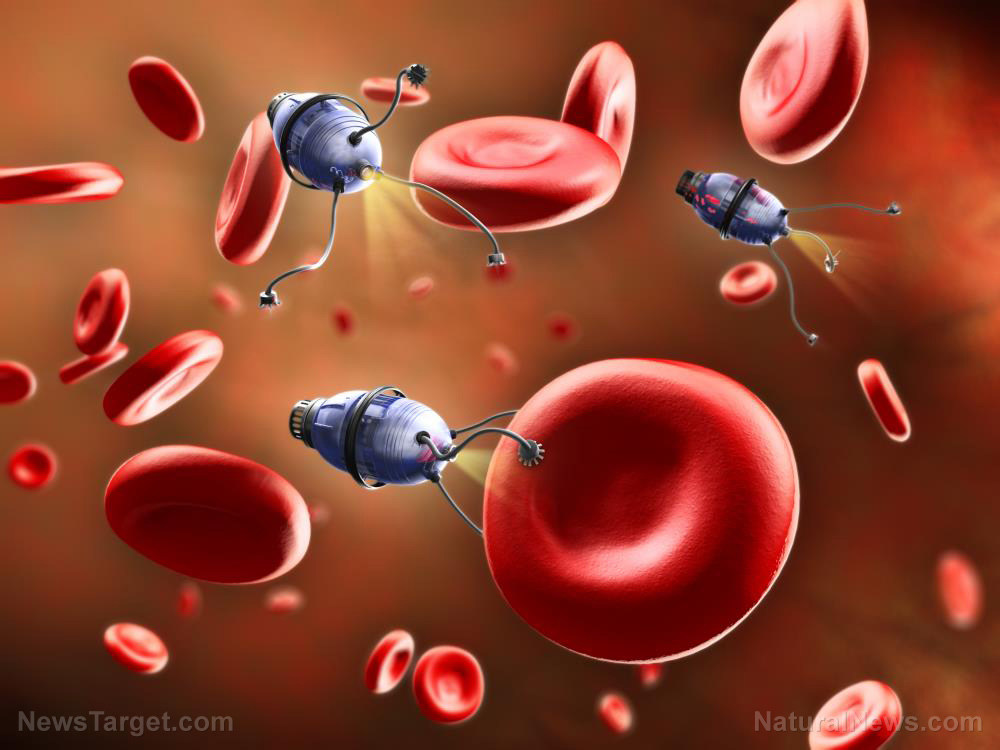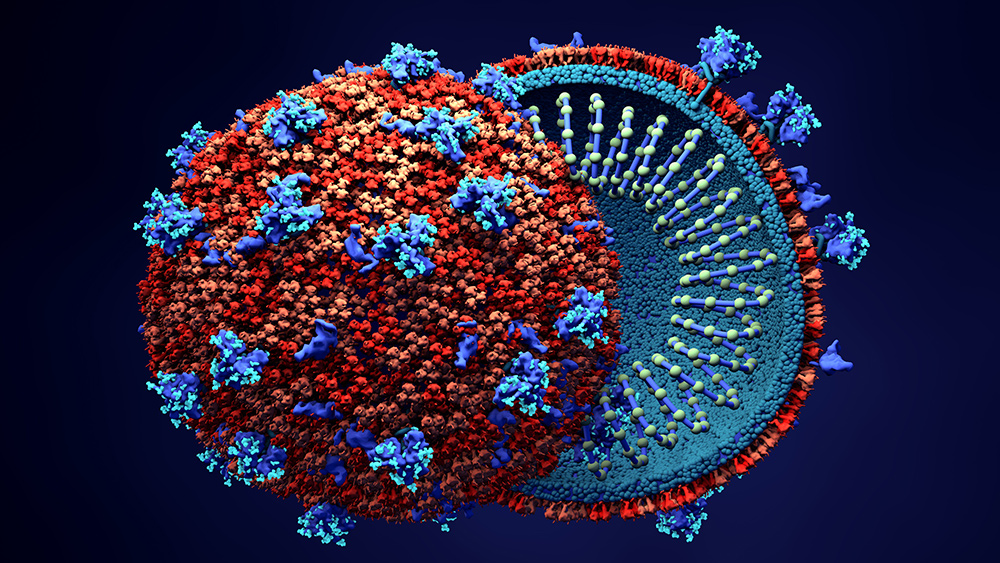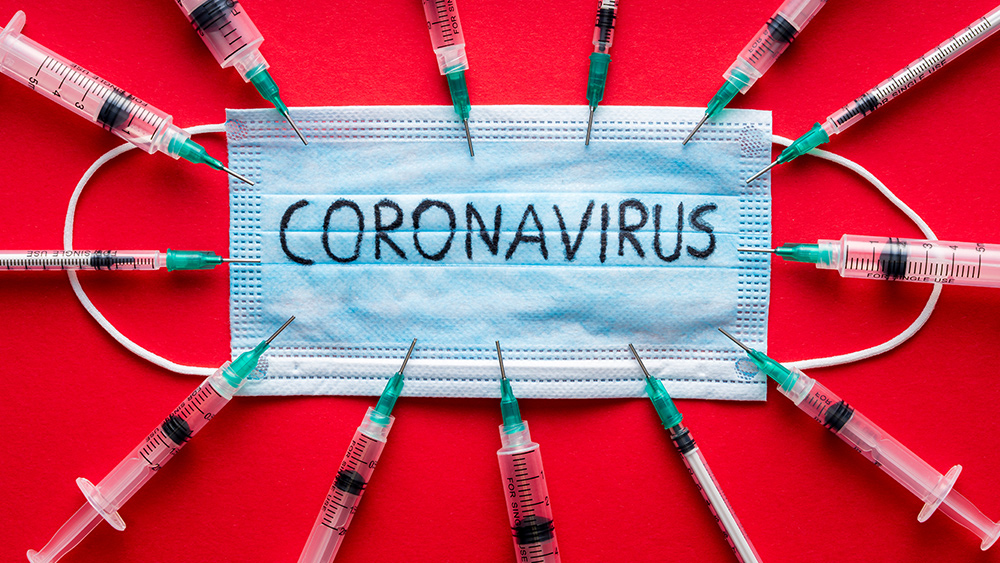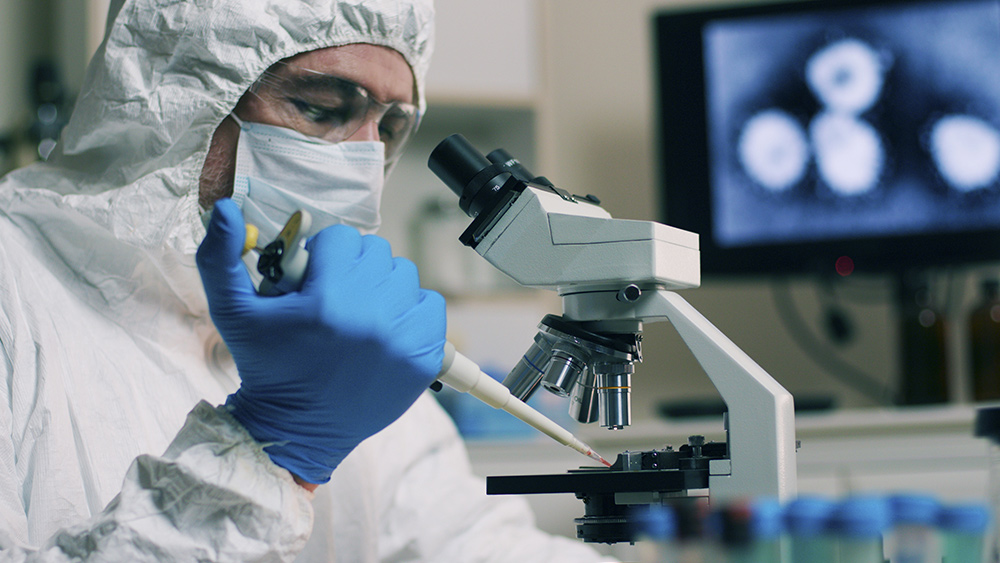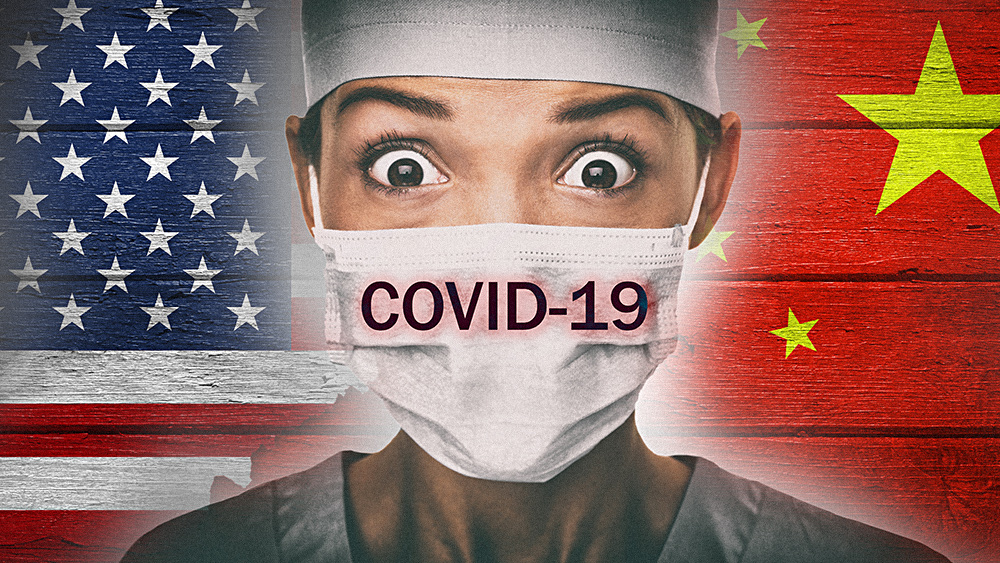Exposure to chronic, low dose radiation in deep space could harm astronauts’ brains
06/25/2020 / By Arsenio Toledo
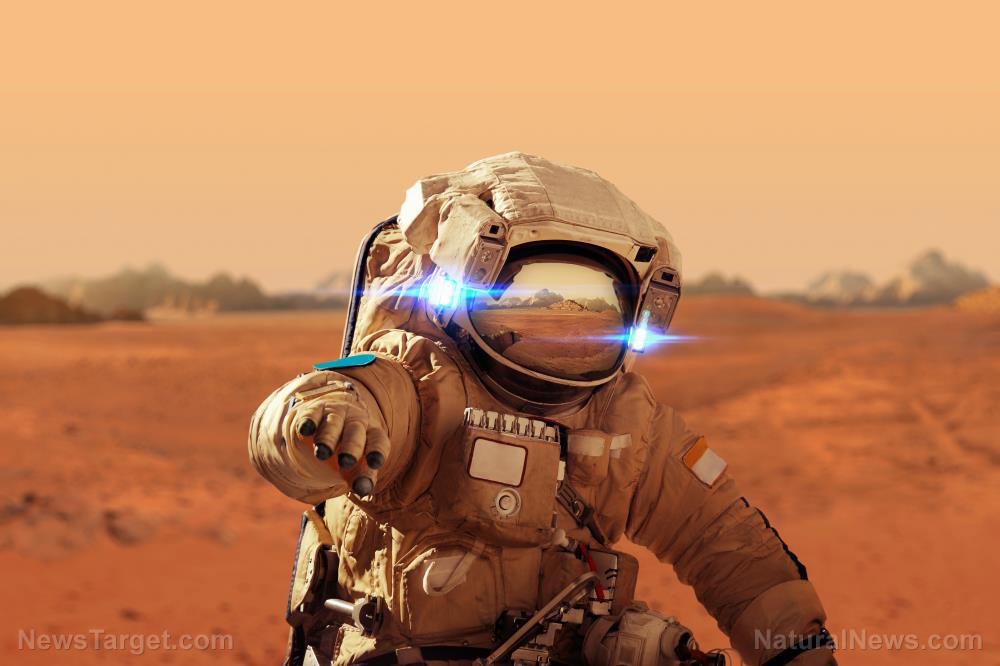
A study from the Society for Neuroscience has found that traveling to Mars may be more dangerous than previously thought. This is because astronauts may be bombarded by a constant stream of low dose radiation which, in time, can negatively affect the health of their brains.
The study, published in the journal eNeuro, highlights the need to develop stronger safety measures to protect the brains of astronauts while they’re in space.
Simulating space radiation
Radiation is known to disrupt a variety of bodily processes, including those in the brain. However, previous studies done on the matter examined the effects of short-term, high dose radiation. This, the researchers pointed out, does not accurately reflect the conditions astronauts will experience when in space.
To properly investigate the effects of low dose radiation on astronauts during deep space travel, the researchers exposed a group of lab mice to chronic, low dose radiation for six months. The team found that mice exposed to low dose radiation had impaired cellular signaling in the hippocampus and prefrontal cortex. This resulted in problems with the mice’s ability to learn and remember — which are functions governed by the hippocampus and prefrontal cortex.
Given these findings, the researchers predict that one in five astronauts in deep space missions may experience increased anxiety, and one in three may develop memory impairments if nothing is done to protect them from space radiation.
Radiation will play a big role in a manned Mars mission’s success
The National Aeronautics and Space Administration (NASA) currently has a strict limit on the amount of radiation astronauts can be exposed to in their lifetimes. However, a manned Mars mission may require NASA to reconsider increasing this limit.
NASA wants to send a manned mission to Mars by the 2030s. Before they can do this, however, they need more data on the long-term effects of radiation. (Related: A trip to Mars would heavily irradiate astronauts with potentially deadly doses of cosmic radiation.)
While the study did provide a lot of data on the long-term effects of radiation, there has been some pushback to it.
For one, the way lab mice are affected by radiation may not be the same as the way humans are affected by it. This puts into question the study’s conclusions that astronauts may experience anxiety, develop memory impairments and struggle with decision making.
In addition, according to Francis Cucinotta, a radiation researcher at the University of Nevada, Las Vegas, the type of radiation the researchers used in their study is not the same as cosmic radiation. He also pointed out that the amount of radiation the mice were subjected to is also higher than what astronauts would experience during a trip to Mars.
Finally, the study looked at the effects of radiation on its own. However, cosmic radiation is not the only thing astronauts will have to deal with during a trip to the red planet. Scientists are worried about multiple health concerns, aside from radiation, such as nutrition, sleep deprivation and muscle loss. Focusing on radiation alone ignores all of these concerns that astronauts will have to deal with on their own.
The health threat posed by space radiation is a serious one, and more research needs to be done to properly understand its effects on astronauts. NASA will also need to move quickly and act on any new data they get their hands on to guarantee the safety of astronauts otherwise the first manned mission to Mars might just end in failure.
Sources include:
Tagged Under: Anxiety, brain function, brain health, cosmic, Mars, memory problems, NASA, radiation, research, Space, space exploration, space radiation
RECENT NEWS & ARTICLES
COPYRIGHT © 2017 SCIENTIFIC NEWS

